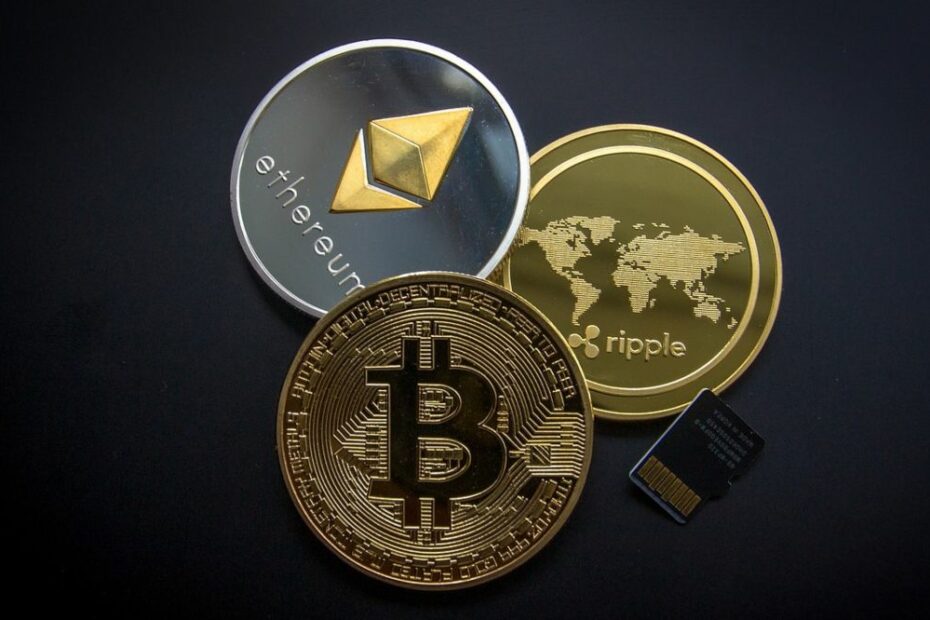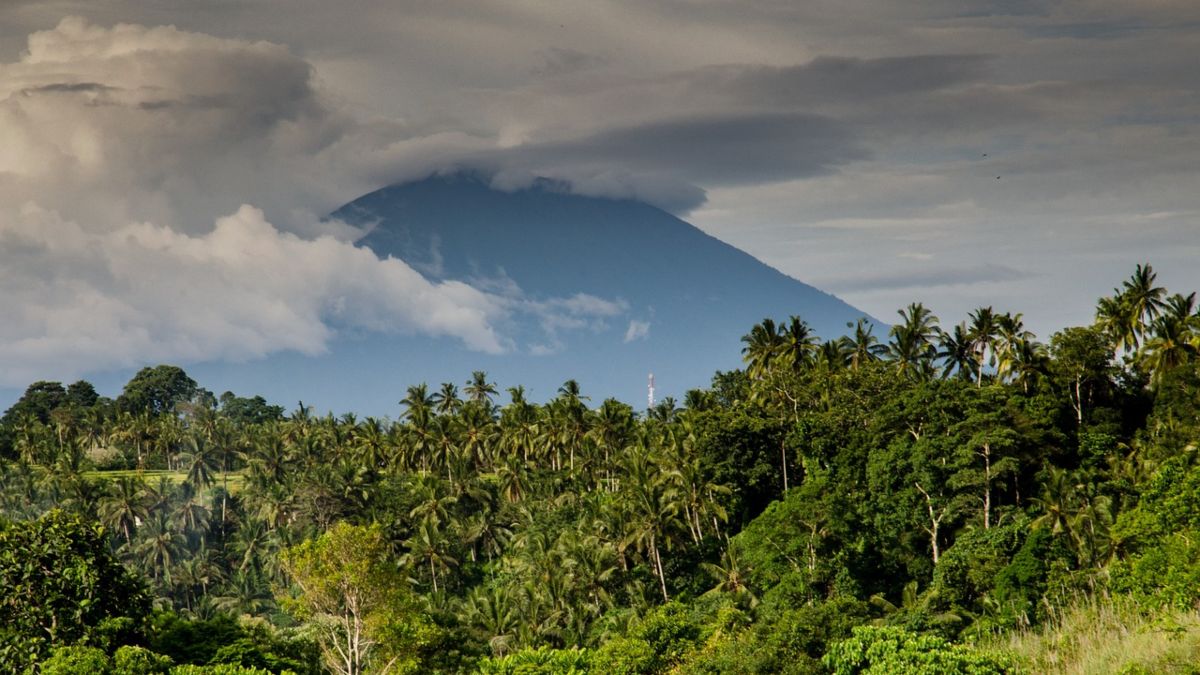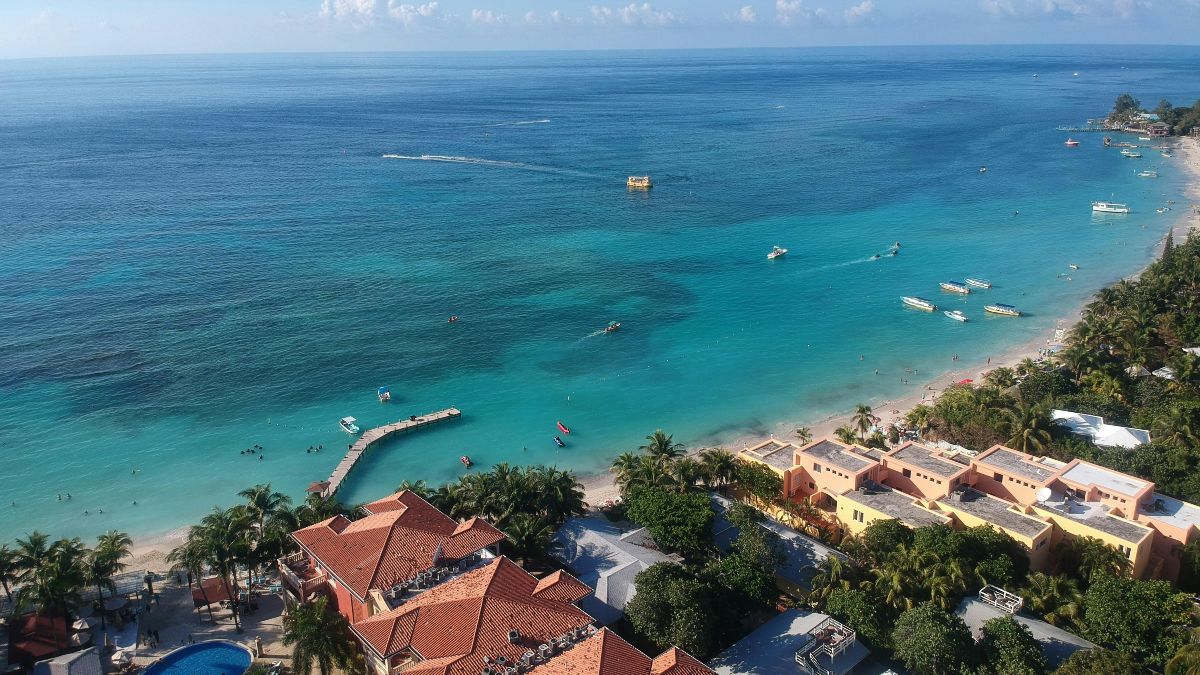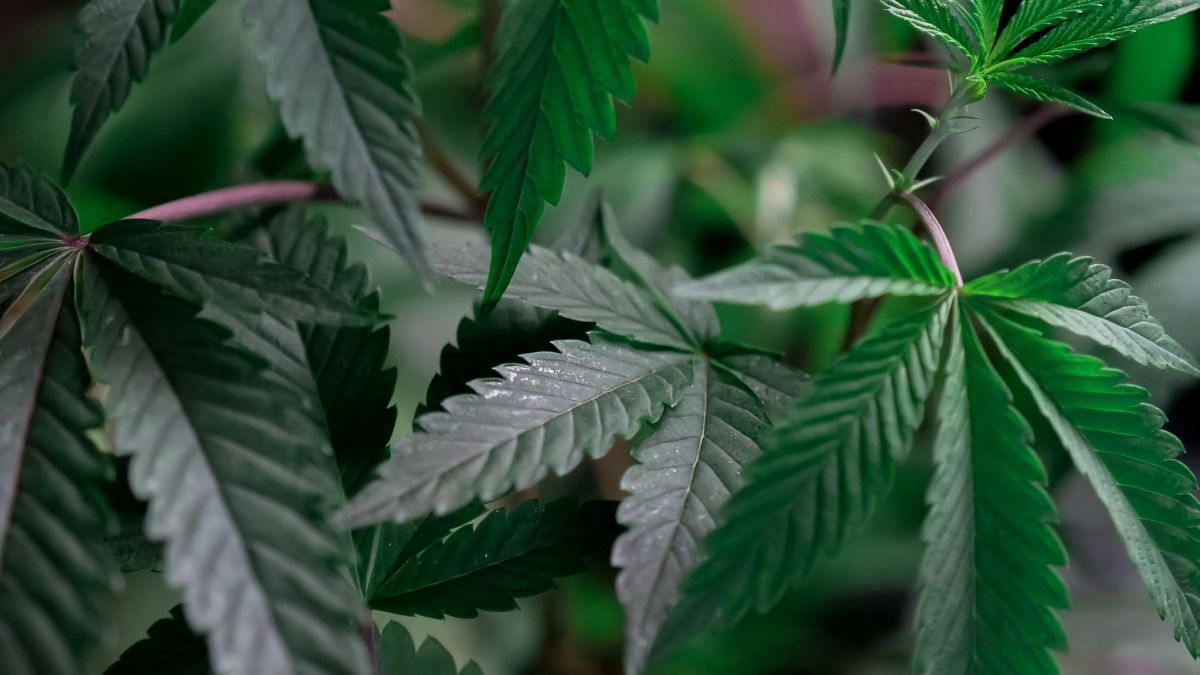We take a look at cryptocurrency in Central America to see how various countries around the region are using it, adapting to it, and legislating for its wider use.
In September 2021, El Salvador became the first country in the world to make Bitcoin legal tender. This gave the cryptocurrency the same standing as fiat currency and traditional commodities.
The ruling required all businesses to accept Bitcoin payments and Salvadorans received incentives to download a state-sponsored crypto wallet. President Nayib Bukele, a crypto-advocate, wants the world to see El Salvador as a pioneer and trailblazer in the crypto market.
El Salvador has also revealed plans for volcano-powered mines and a crypto city. If these additions sound somewhat futuristic, it’s because they are.
The plan was for Salvadorans to use Bitcoin for daily transactions and remittance payments. But several agencies, including the International Monetary Fund, have issued warnings about Bitcoin’s instability and volatility.
So far, the investment hasn’t paid off as expected, as a cyber currency crash has seen no less than $60 million lost. Many still believe, though, that there’s still a chance for digital money in El Salvador and around the region. Let’s take a look at how the progress of cryptocurrency in Central America is playing out.
Cryptocurrency in El Salvador
As already mentioned, crypto hasn’t fared as well as expected in El Salvador so far.
The adoption of Bitcoin as legal tender alongside the U.S. dollar was at first thought of as a stellar plan. The idea was to attract foreign investment, create jobs, and be a beacon of a change for the world to see. And in fairness, there’s been some success with these goals.
That said, the experiment wasn’t greeted with much enthusiasm by Salvadorans themselves. Surveys have shown that only 20% of Salvadorans have used their cyber wallets for transactions. Indeed, most of them have ditched the Chivo app, as it’s called, from their phones.
As part of the app’s rollout, everyone who downloaded the app received $30 worth of Bitcoin. Most Salvadorans immediately changed that money into dollars and never used Chiva again since.
While a particular demographic is very active on the app, namely young males, the truth is the change was likely too sudden. Bukele is the most popular president in Latin America, but even with that popularity, the Bitcoin adoption is the one policy of his that most Salvadorans disapprove of.
In theory, the move ought to have been a resounding success.
Over half of El Salvador’s citizens rely on cash and don’t own a bank account. As such, many are also not familiar with the use of debit or credit cards. Roughly 90% of households don’t use mobile banking, so a digital payment platform could make for a more inclusive and accessible economy.
While there are over 200 Bitcoin ATMs in El Salvador, the average number of withdrawals stands at 2.59. This suggests that only a small number of users are still active on the platform.
Despite the general apathy and downright unpopularity of the Bitcoin project in El Salvador, the country is not giving up. It still trusts in its own potential to become a hub of crypto activity.
Last month, for example, El Salvador partnered with the Swiss city of Lugano in a joint effort to promote crypto adoption.
does it matter if no one is using it? https://t.co/LuNG8j6ily
— KorbinDallas368 (@KDallas368) November 13, 2022
Cryptocurrency in Panama
There’s perhaps no other country that has considered crypto legislation more extensively than Panama. Earlier this year, lawmakers passed a bill allowing for the use of various cryptos, including Bitcoin, Ethereum, and Litecoin. President Cortizo partially vetoed the bill and sent it back to congress for alterations. If it passes, though, citizens and businesses should check for the Ethereum price before performing a transaction.
The use cases of the cyber currencies would first be for company-level processes and civil matters like tax payments. Eventually usage could extend to daily payments. The legislation also contains references and provisions related to tokens, the digital counterparts of physical assets.
Some have raised the possibility that money laundering activities could benefit from the introduction of digital money in Panama (the reason the president vetoed the bill), particularly in the wake of the release of the Panama and Pandora Papers.
Lawmakers have assured the public that crypto will be fully-regulated and that all transactions will be subjected to Panama’s financial transparency laws.
Watch this space. If you’re looking for a another haven for cryptocurrency in Central America, Panama is the next best bet after El Salvador, and the bill will surely pass in time.
A partial veto is a type of veto power enabling a chief executive to reject certain provisions within a bill without vetoing its entirety.
Via @Sebsinclair1989 https://t.co/gijGNyajE6
— Blockworks (@Blockworks_) June 17, 2022
Cryptocurrency in Honduras
According to a press release from the Central Bank of Honduras earlier this year, authorities know citizens are trading and using crypto.
They’ve issued warnings to traders regarding potential issues that come from investing in cryptocurrencies. Price volatility is one of those issues, as market values change at lightning speed. Officials have also highlighted that digital assets, whether currency or tokens, are not regulated by any central authority.
But Honduras is also home to the newly-launched “Bitcoin Valley” of Santa Lucia, a crypto-accepting community where businesses accept digital money as payment.
Entrepreneurs and business owners are confident crypto will provide the retail sector with an opportunity to modernize. They also believe that increased usage will attract more people towards crypto.
Others also see it as an opportunity to catch up with neighboring countries that have already incorporated crypto into their economies. Employing this cutting-edge technology seems like a surefire path to progress right now in Honduras.
Honduras launches ‘Bitcoin Valley’ 🇭🇳
Over 60 businesses have adopted #bitcoin in the small town of Santa Lucia. They will get training in the new technology and how to market their products and services.https://t.co/O8nh543ehG
— Documenting Bitcoin 📄 (@DocumentingBTC) July 29, 2022
Cryptocurrency in Costa Rica
Commentators have called Costa Rica nothing short of a veritable “crypto haven”.
It’s one of the few places in the world where employees can get paid in cryptocurrency. This is a result of a law designating that workers can get paid in “commonly accepted assets”, of which digital money is one.
This ease of usage comes from a solid online infrastructure, one of the best in Latin America.
There’s also a new bill regarding crypto in Costa Rica, introduced last month by Johana Obando, a liberal lawmaker. The bill seeks to legalize and regulate cryptocurrencies and make Costa Rica attractive to fintech companies and foreign investment.
🇨🇷Costa Rican Congresswoman Johana Obando proposed a crypto-friendly bill, titled “Cryptoassets Market Law (MECA),” to regulate and exempt #crypto tax profits generated from mining activities.
via @chung_cynhttps://t.co/sJf04LDIdN
— CryptoSlate (@CryptoSlate) October 28, 2022
While cryptocurrencies are a new addition to the financial market, having entered the financial ecosystem only a little over a decade ago, the world has been quick in adopting them.
Compared to more traditional holdings, they’ve skyrocketed in popularity. Central America, in particular, has sought to incorporate them faster than many other regions have. But there’s still a ways to go until cryptocurrency in Central America is on the same level as fiat money around the region.



